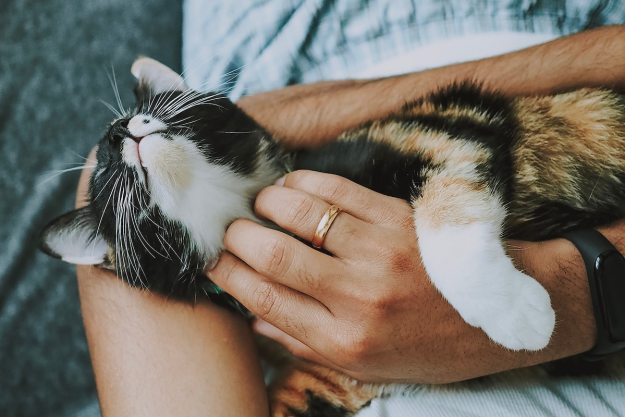Cats are wonderful additions to our families, and they can quickly become beloved family members. But like most pets, cats have shorter time spans than humans. You’ll naturally want to spend as many years as possible with your cat, and there are many ways you can help increase the chances of your cat living a long and healthy life.
But it’s also important to be realistic about your cat’s life span. How long do cats live? First, it’s important to remember that cat life expectancies are really just a guideline — it’s best to just appreciate and enjoy each day you can share with your fur baby.
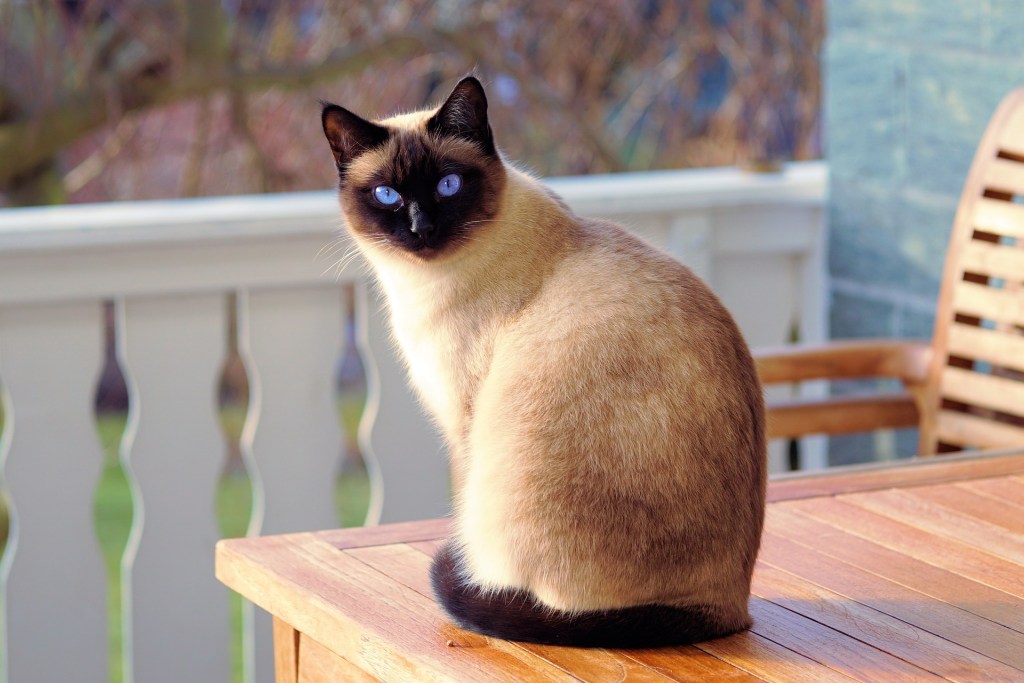
How long do cats live as pets?
So, how long do cats live, exactly? There isn’t hard data on how long cats live as pets, but it is well-known that indoor cats live longer than outdoor cats. A 2015 study that examined the deaths of 4,009 cats did find that outdoor cats usually live shorter lives than cats who live indoors only. Those outdoor cats are exposed to many dangers, including road traffic and animal attacks.
The study also discovered a difference in average life span between crossbred and purebred cats. The life expectancy of crossbred cats was 14, while purebred cats had a shorter life expectancy of 12.5 years.
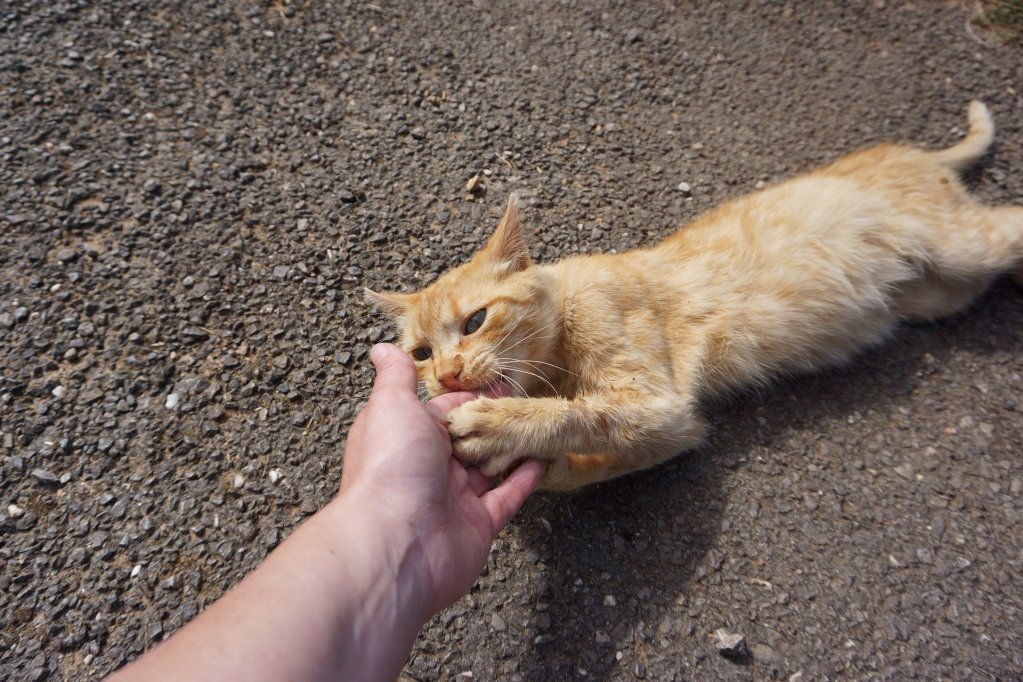
What’s the average age a cat dies?
According to a report produced by the University of California Davis School of Veterinary Medicine, indoor cats live for an average of 10 to 15 years. In contrast, outdoor cats live for an average of just two to five years.
The good news is that, with veterinary advancements and increased knowledge about feline health, we’re able to provide our cats with better-quality food and better veterinary care than ever before.
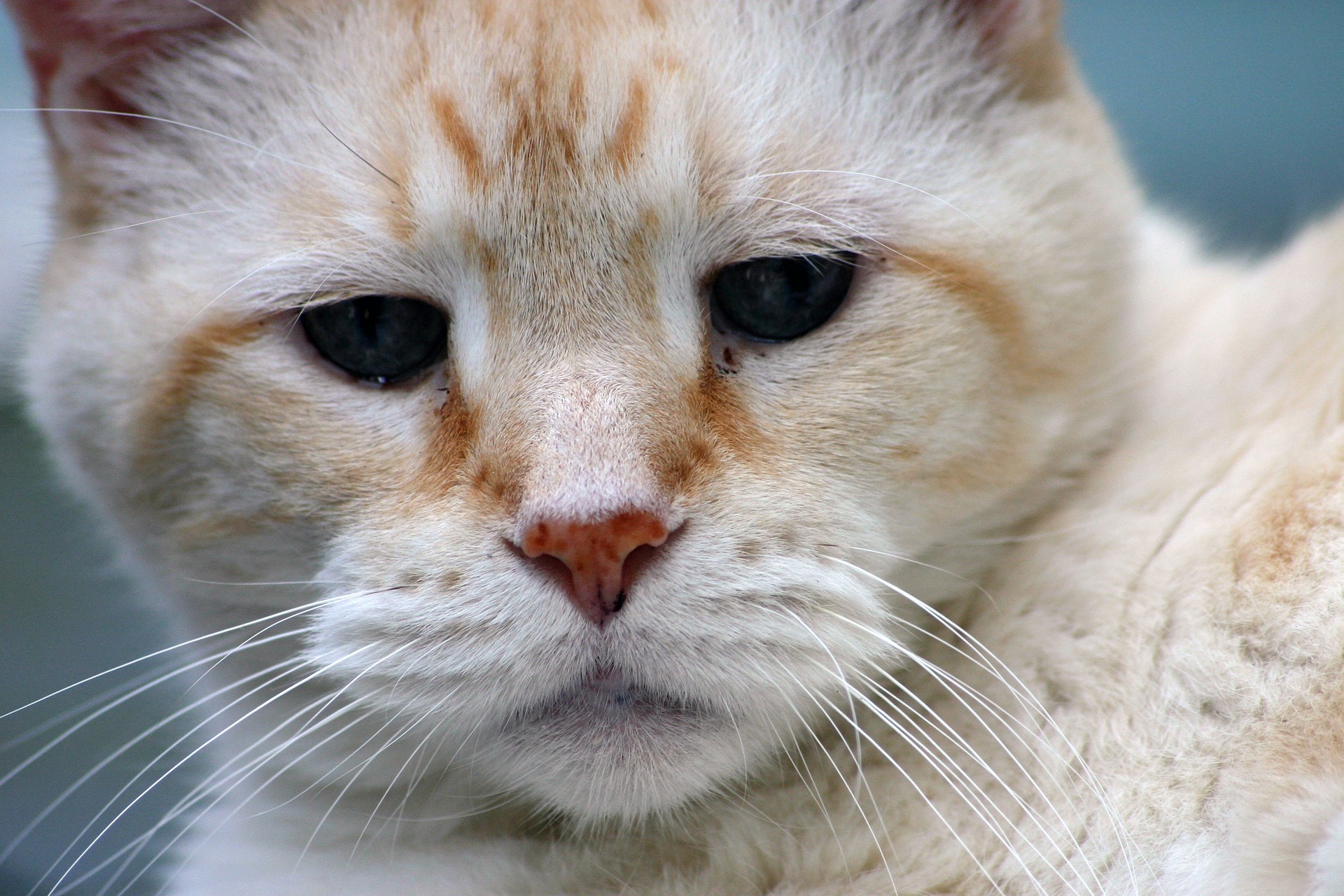
Can a cat live up to 20 years?
Cats can live up to 20 years and beyond. There are many accounts of cats living well into their 20s. Many factors can influence a cat’s life span, including her health, the quality of care she receives, and her genetics. Senior cats may require extra care as they age, including additional check-ups with the vet and supplements.
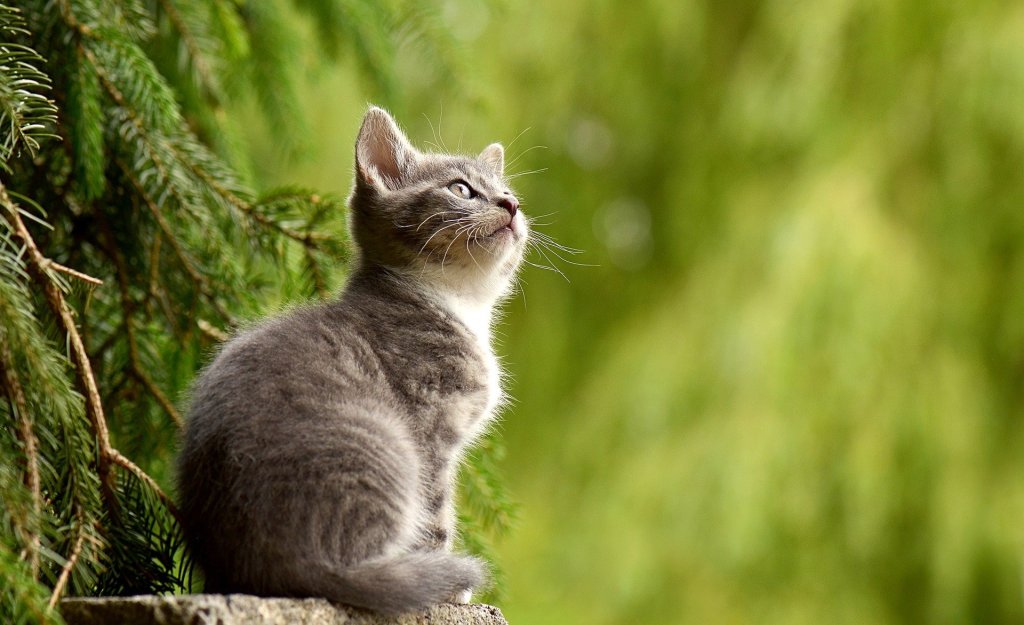
How to maximize your cat’s chances of a long life
While your cat’s genetics will play a role in their life span, you can do a lot to increase the chances that you and your cat enjoy many great years together. To start, establish routine veterinary care for your cat. Keeping consistent, regular vet appointments means your vet will get to know your fur baby well. Those routine appointments give your vet a chance to catch potential issues before they become big problems. Your vet can also help you address challenges, like weight management, early on so you can maximize your cat’s health.
Focus on developing good habits at home, too. Provide your cat with plenty of playtime every day to help keep them active and avoid obesity. Daily exercise is great for your cat’s health, but you may need to encourage your cat to stay active, especially if they’re an indoor-only cat. Try experimenting with different toys to see what piques your cat’s interest, and invest in a cat tree so your cat can satisfy their urges to climb, stretch, and scratch.
Carefully choosing the food you feed your cat can also promote good health and longevity. Discuss your cat’s nutrition with your vet. Your vet can help you choose the food and feeding plan most appropriate for your cat’s age, breed, lifestyle, and overall health.
How long do cats live? The answer varies. However, when you share your life with a cat, you naturally want to extend their life span as much as possible. Providing good, attentive care can help do that. One of the best ways you can maximize your cat’s life span is to make sure that you’ve planned for potential vet expenses. For example, if your cat is diagnosed with a serious health condition, they might need medications or other treatments. The same is true if your cat ever gets seriously sick or injured. These emergency vet bills can add up, so plan for them. Put money into a savings account or consider getting pet health insurance, just in case. Ensuring your cat can promptly get the vet care they need can help keep them healthy and allow them to live as long as possible.
Editors' Recommendations
- When do kittens’ eyes change colors? The answer is so cool – here’s what to know
- Do’s and don’ts: How to trim cat nails safely and successfully
- These are the 10 most popular cat breeds, as counted by The Cat Fanciers’ Association
- Reddit says the best cat litter is actually… pellets for a Traeger?!
- Whisker fatigue: Your cat might have this strange condition without you knowing

